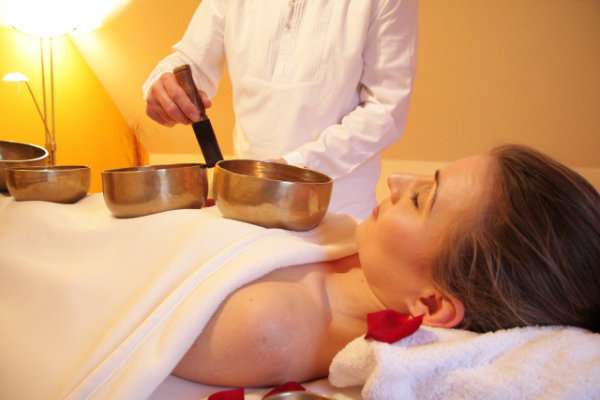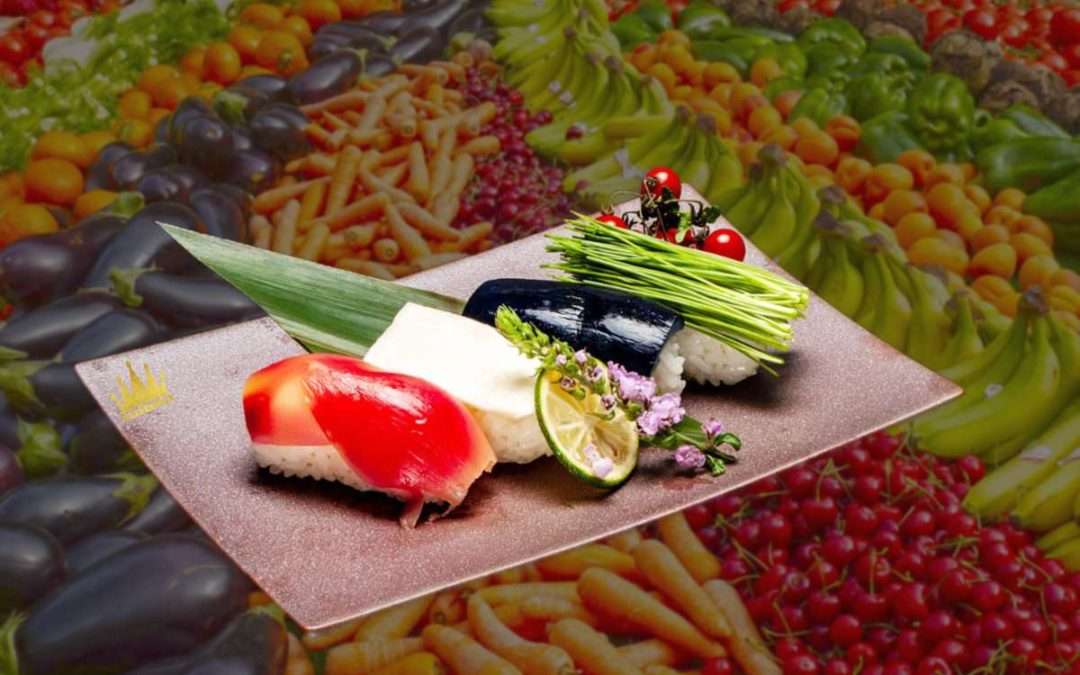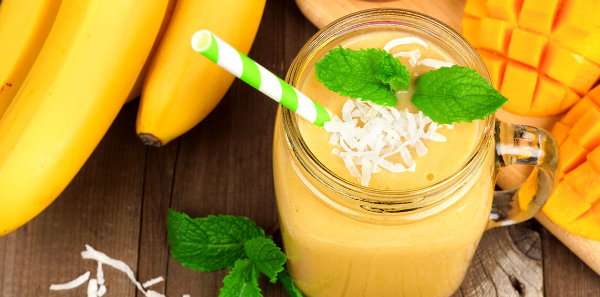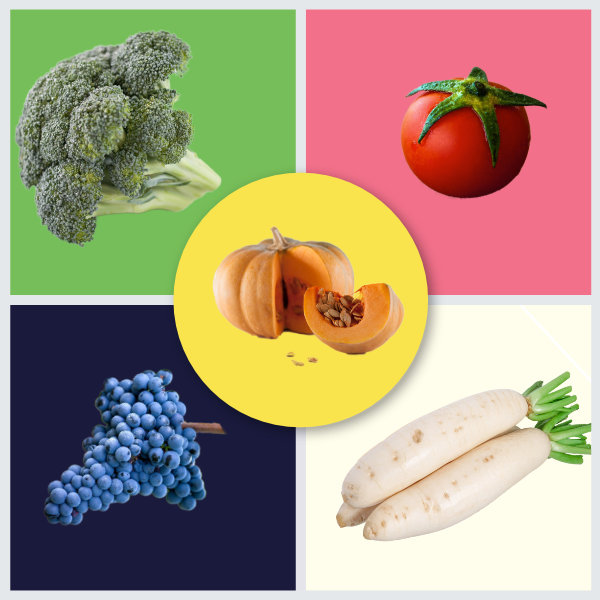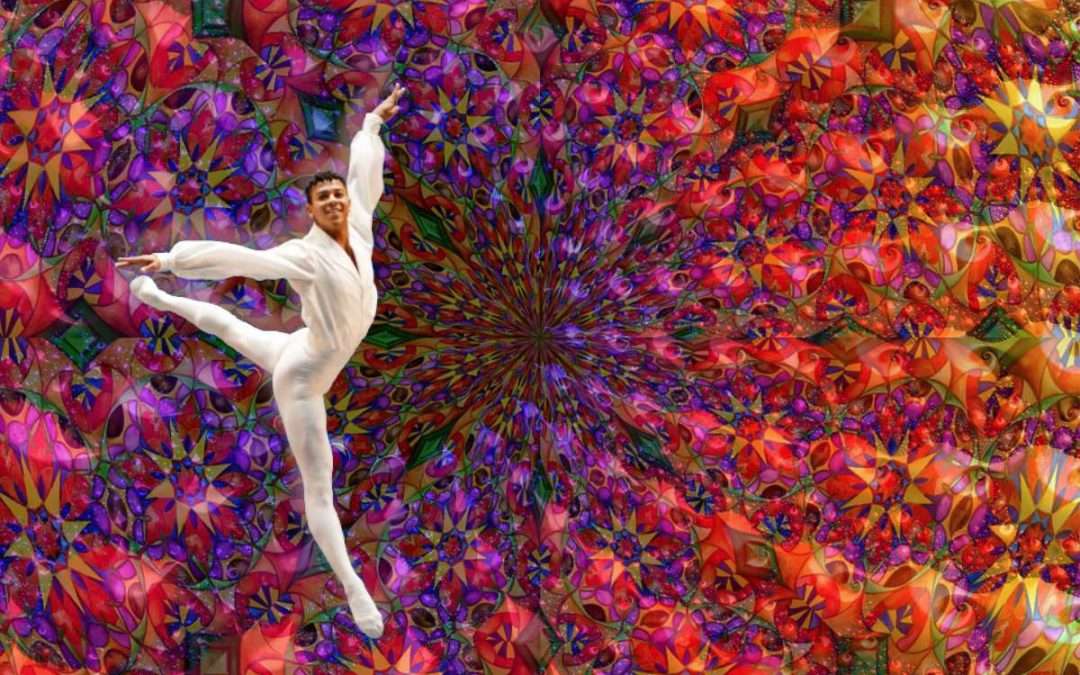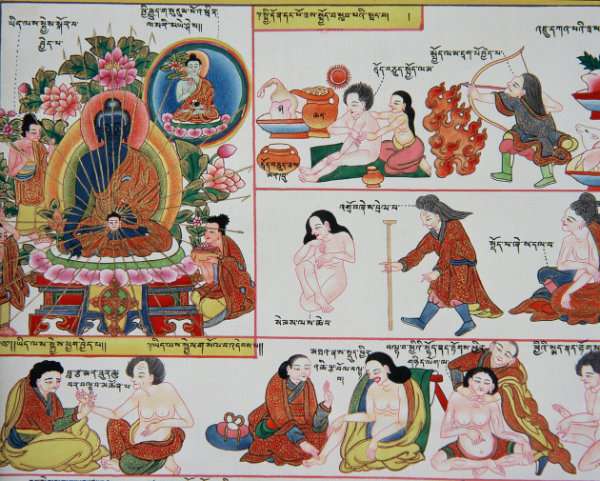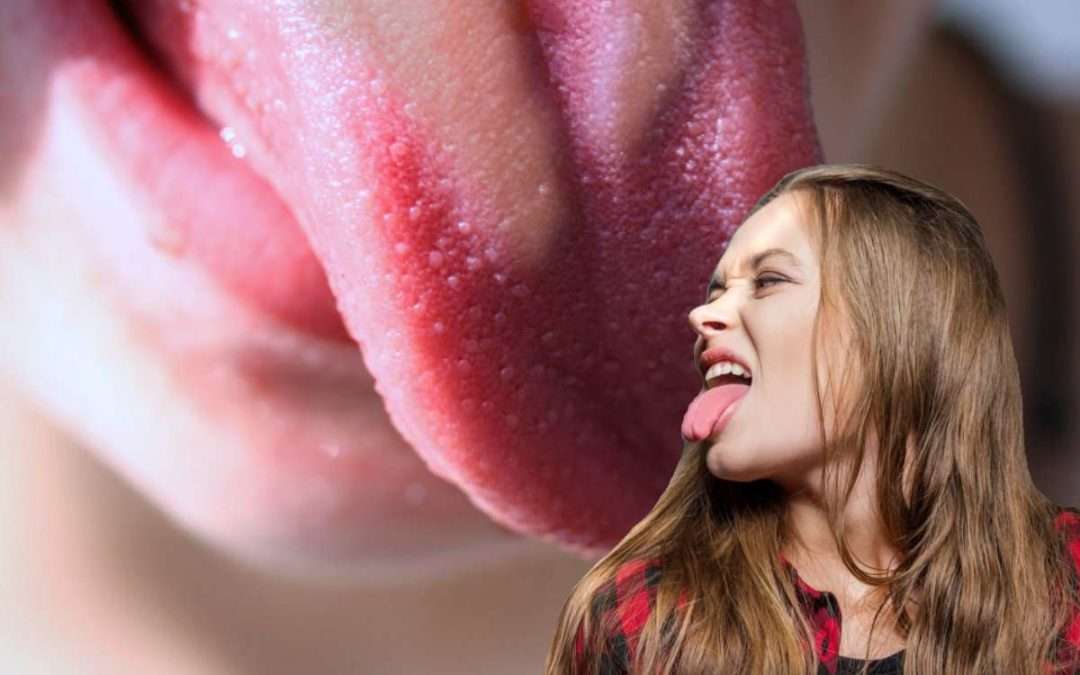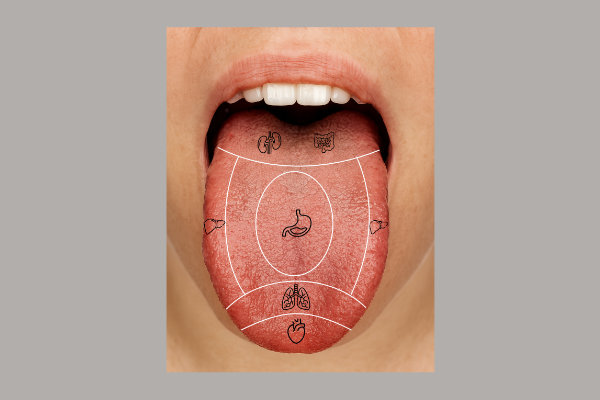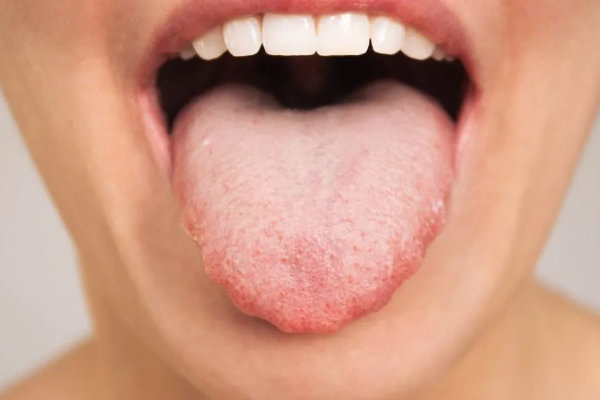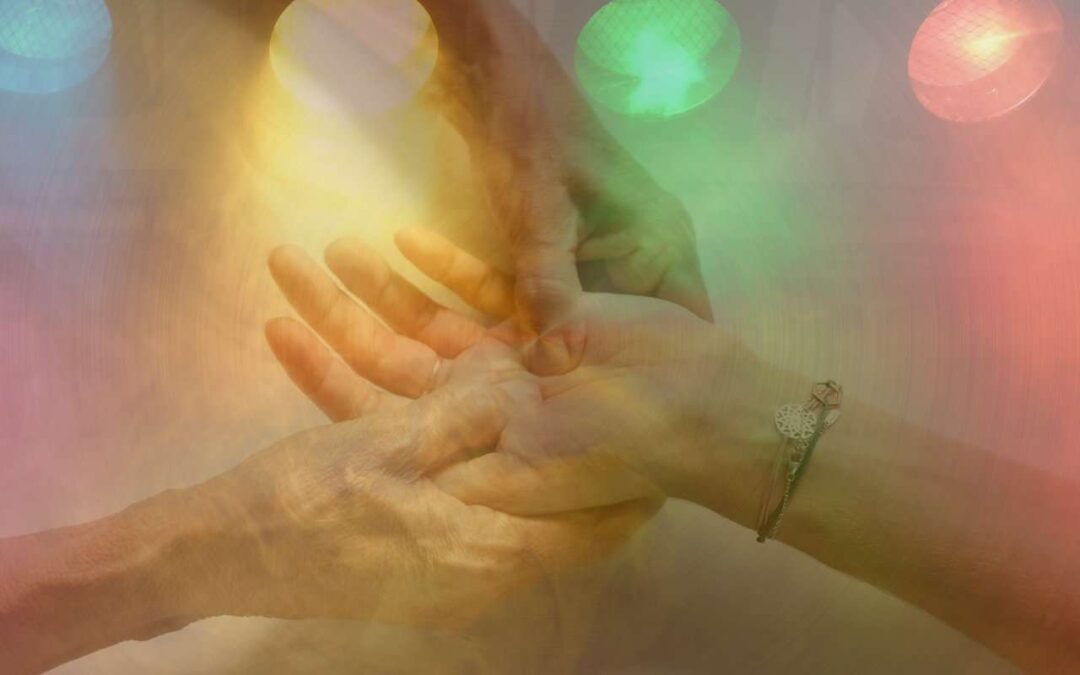
Diagnosis in TCM
An ancient and subtle art
In a small consultation room bathed in subdued light, Maître Liang, an elderly practitioner of traditional Chinese medicine (TCM), is carefully observing his patient. Not a word has yet been exchanged, but already many clues are revealing themselves before his trained eyes. Because in TCM, diagnosis is an art as subtle as it is profound, going far beyond the apparent symptoms.
A legacy of Chinese wisdom
Traditional Chinese medicine does not simply identify an illness; it seeks to understand the individual as a whole. Every pain, every sensation, every bodily change is perceived as a message from the body, revealing a deeper imbalance.
Qi, the vital energy that circulates through the meridians, blood and body fluids, must flow harmoniously.
When an imbalance arises, the body speaks… You just have to know how to listen

Observation (望诊, Wàng zhěn)
First of all, without saying a word, Maître Liang observes every detail:
- The complexion and colour of his patient’s face, which mirrors his internal state.
- The tongue, a veritable map of the organs, whose colour, shape and coating reveal any imbalances.
- The eyes, skin and nails, which provide information about vitality and the state of the Blood.
Auscultation (闻诊, Wén zhěn)
Experience has also taught him to listen and feel. For example, the voice will be weak when there is a deficiency of Qi. It will be hoarse or loud if there is too much fluid.
He observes whether breathing is fluid or, on the contrary, jerky or wheezy.
Similarly, strong body odour is a sign of excessive heat or digestive problems.
Palpation (切诊, Qiè zhěn)
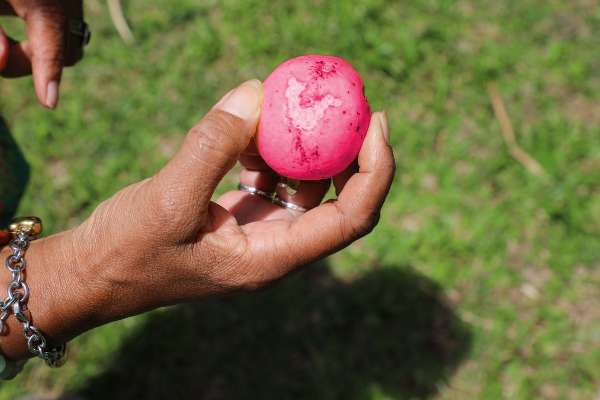
Next comes palpation. This includes :
- Taking the pulse (脉诊, Mài zhěn), which reveals the state of the organs by assessing the depth, rhythm and strength of the beats.
- Palpation of acupuncture points, whose sensitivity reflects energy blockages.
- Palpation of the body. The temperature and texture of the skin reveal the state of Yin and Yang.
Palpation (切诊, Qiè zhěn)
Next comes palpation. This includes :
- Taking the pulse (脉诊, Mài zhěn), which reveals the state of the organs by assessing the depth, rhythm and strength of the beats.
- Palpation of acupuncture points, whose sensitivity reflects energy blockages.
- Palpation of the body. The temperature and texture of the skin reveal the state of Yin and Yang.

Interview (问诊, Wèn zhěn)
Now that he has a general idea of the situation, Master Liang asks his patient a few questions about :
- His medical and emotional history.
- Lifestyle: diet, sleep, sources of stress, etc.
- Body sensations: pain, shivering, digestion, elimination.
A personalised diagnosis
Finally, Master Liang closes his eyes for a moment and thinks… he analyses:
- The general nature of the imbalance: Yin or Yang.
- The extent of the imbalance: Superficial or Profound.
- The presence of excess heat or cold. It may be the opposite, in fact; we speak of lack, emptiness or insufficiency. The same applies to energy.
Each diagnosis is unique. The same symptom can have several origins, and only a careful look can identify the root cause.
Tailor-made treatment
By cross-referencing the information gathered through these different stages, Maître Liang makes his diagnosis and puts in place a treatment strategy to restore harmony:
- Acupuncture will unblock the meridians and restore the circulation of Qi.
- Chinese pharmacopoeia will prescribe plants and minerals to restore balance.
- Therapeutic nutrition will adjust the diet to strengthen deficient organs.
- Qi Gong and Tai Chi will help to get the energy flowing.

The Pulse Melody
Among all these methods, pulse-taking (see box) takes pride of place. Three positions and two levels (superficial and deep) are analysed on each wrist, providing invaluable information about the organs and meridians.
Like a musician tuning his instrument, he listens to the melody of the beats, looking for the discordant note.
As you will have gathered, for Maître Liang, diagnosis is much more than a simple clinical examination; it’s an in-depth reading of the body, an interpretation of the signs that the body is constantly sending out. Every patient is an enigma, every consultation a journey through the body’s energy flows.
By understanding these subtleties, we realise that Chinese medicine is an art, an art of listening, observing and seeking harmony in all its complexity.
Pulse diagnosis
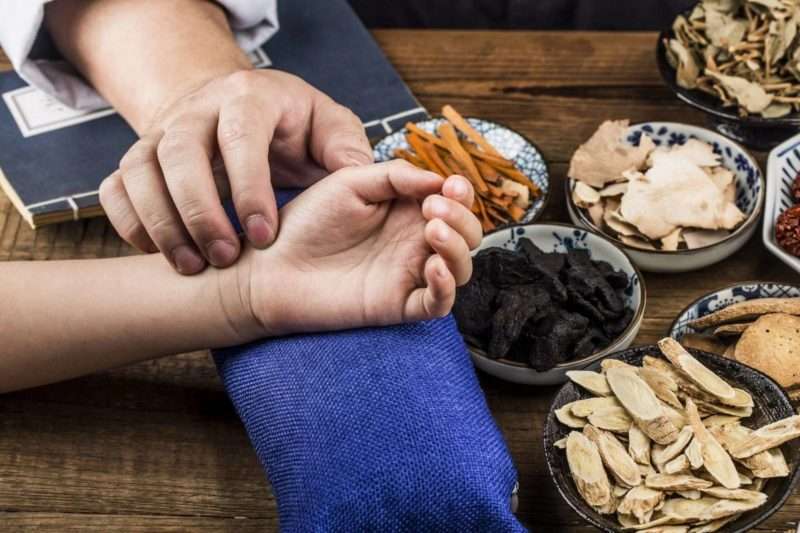
Chinese pulse diagnosis, or mai zhen (脈診), is a fundamental diagnostic method in traditional Chinese medicine (TCM). Its origins date back thousands of years, with ancient texts such as the Huangdi Neijing (黃帝內經) describing its principles.
This technique developed during the Han Dynasty (206 BC–23 AD) at a time when respect and modesty required doctors to have minimal physical contact (especially with the Empress!).
Using six pairs of points spread over three areas of each wrist and on two levels (superficial and deep), the practitioner listens to the harmony and quality of the pulse, much like a musician checks that an instrument is in tune.
The practitioner feels the radial artery at the wrist in three positions (cun, guan, chi) corresponding to different organs. They assess the depth, rhythm, strength, shape, and other characteristics of the pulse, which provide information about energy imbalances and the possible presence of pathogenic factors.
There are 28 pulse shapes (slippery, rough, tense, etc.) classified into four categories: deep or superficial; fast or slow; long or short; thin or wide.
Pulse diagnosis is used in conjunction with other diagnostic methods (observation, questioning, palpation) to establish a complete energy assessment.
It is particularly useful for evaluating the functions of internal organs and the state of Qi, blood, and body fluids.
Taking the pulse is a complex skill, a subtle art that requires a lot of practice and keen listening.


